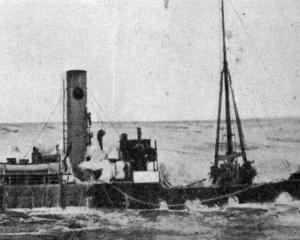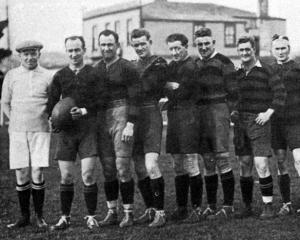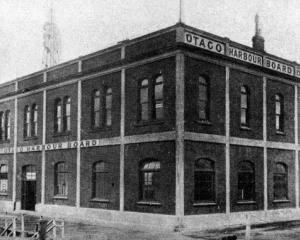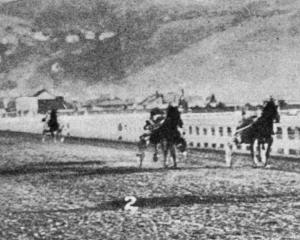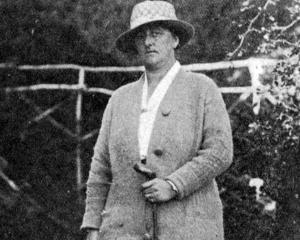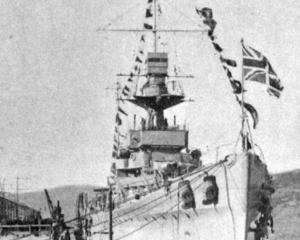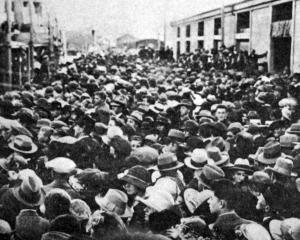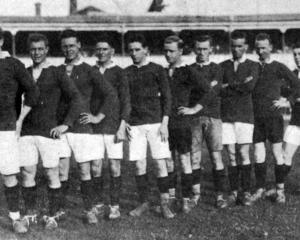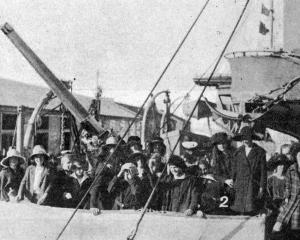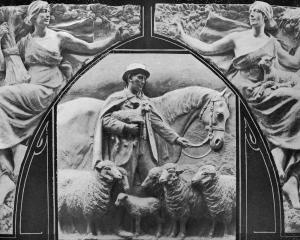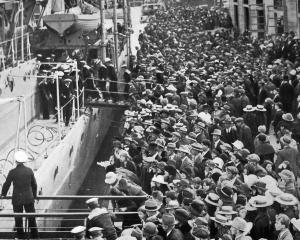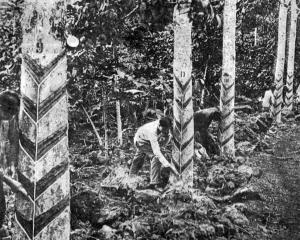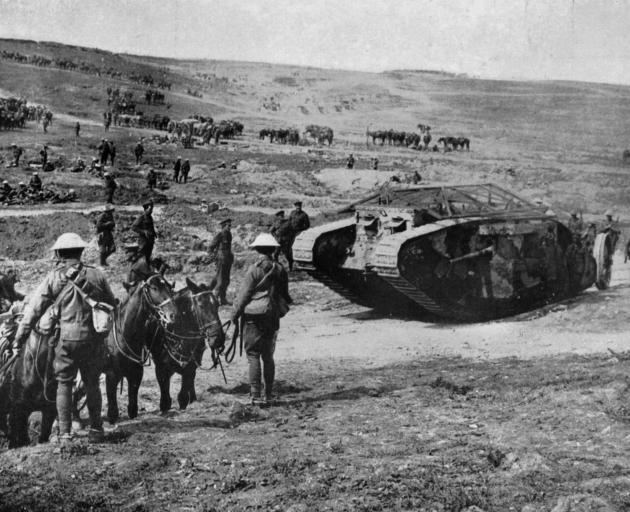
Dr McCahon writes:-
''I notice in the report of the last meeting of your board that four of your members have been appointed a committee to confer with the Dental Association to consider 'ways and means of giving charitable dental treatment, especially to children.' As this is a subject about which I naturally feel very keenly, I venture to write and state a few facts, in the hope that, on account of my practical experience, I may help to show more clearly the crying need of some assistance for the parents of school children. As Medical Inspector of Schools for Otago and Southland, I probably have inspected the mouths of more children than any other person in Dunedin, and the result has been a revelation to me.
''Taking the children between the ages of 8 to 11 years only of 14 schools in Dunedin and suburbs, which I examined in the months of May and June, 76 per cent. of the children had decayed teeth, which had had no dental treatment. At four of the schools there were 88 per cent., 90 per cent., 90 per cent., and 92 per cent. of the examined children with decayed, untreated teeth, and the lowest percentage was 50 per cent. at three of the residential suburban schools. This year on account of my having had a school nurse I have been able to follow up the result of my notifications to the parents. She has reported to me that well over 90 per cent. of the parents she visited in Dunedin are only too anxious to have their children's teeth attended to, and many told her they had taken their children to the Dental School, but the Dental School was unable to cope with the numbers of children who had attended seeking treatment. Being, unfortunately, unable to afford private dental treatment, therefore, for their children their teeth would have to be neglected.
''These are the facts which cannot be refuted, and, knowing so well the results of bad teeth on the physical and mental well-being of the child, I feel I must write and plead that something be done to help this crusade of the Dental Association to save the children's teeth. I can honestly say that from my conversations with mothers who have attended my mothers' school meetings, which I have held at the various schools I have visited, it is not the fault of neglect and disinterest of the parents, but inability to pay dental fees, which is the cause of no treatment. Might I suggest that a small fee might be charged to those parents able to pay it and to those who cannot let the treatment be free? I trust that some satisfactory arrangement can be arrived at, as a healthy mouth so very, very often means a healthy body, and therefore a healthy mind.''
Stewart Island gale
A severe gale, accompanied by extraordinarily high tides, was experienced at Stewart Island on Saturday and Sunday, damage to the amount of 400 being done to the seawall and roads along the shore.
Two launches were driven ashore at Horseshoe Bay, one belonging to Pasco Bros. being smashed up. Two spans of the approach to the wharf at Horseshoe Bay were washed away. The tide was the highest known.
- ODT, 6.9.1917.
COPIES OF PICTURE AVAILABLE FROM ODT FRONT OFFICE, LOWER STUART ST, OR WWW.OTAGOIMAGES.CO.NZ

